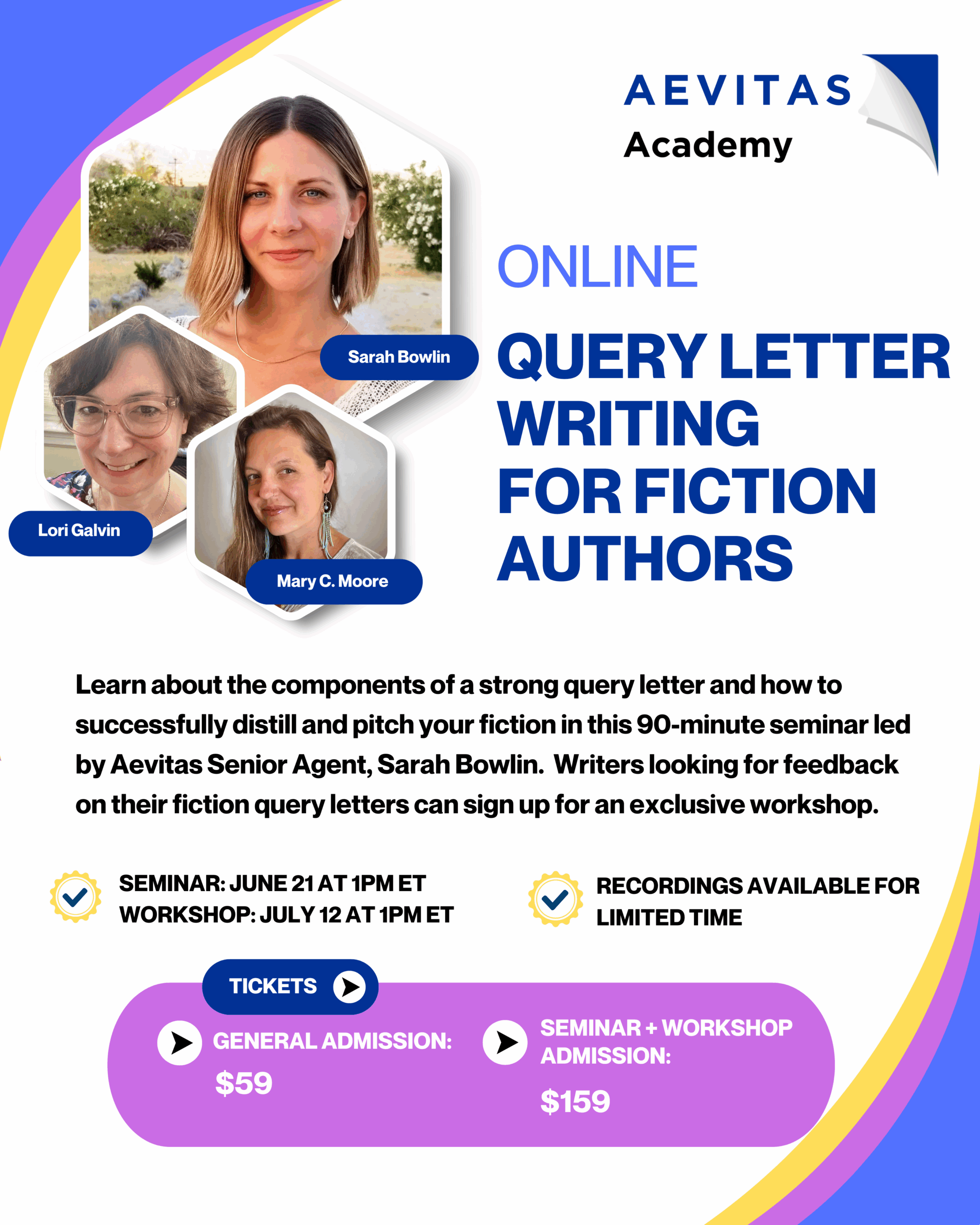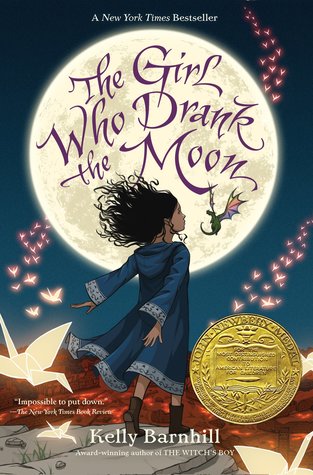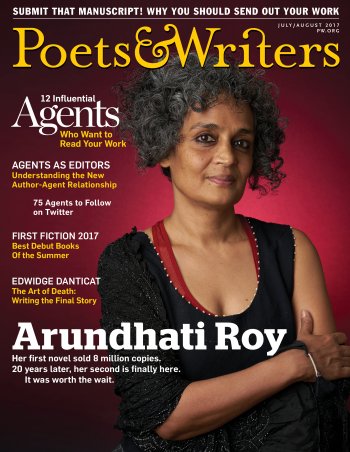I will be joining agent extraordinaire Sarah Bowlin as she leads a seminar on query letter writing for Aevitas Academy, along with Lori Galvin. Get your tickets here!



I will be joining agent extraordinaire Sarah Bowlin as she leads a seminar on query letter writing for Aevitas Academy, along with Lori Galvin. Get your tickets here!

I will be on the faculty at the Las Vegas Writers Conference this May 2-4, along with a fantastic group of publishing industry professionals like Mary Robinette Kowal, DongWon Song, Jessica Watterson and more. I’ll be taking pitches and leading the workshop “Polishing Your Prose to Make it Submission Ready,” which is always a popular one, as it urges you to take a fresh approach to your prose, particularly commercial fiction, before sending it to literary agents.
Hope to see you there!
I can see it. A break in the deluge, a light at the end of the tunnel. A clearing of the slush. Am climbing determinedly for it. I vowed I would not reopen to submissions, until I had responded to every last sub in all of my inboxes (yes, I said inboxes plural, writers have interesting ways of worming into every contact I have). It’s down to a handful of submissions, and these are the ones that I have been hanging onto for far too long. One or two will hopefully result in an offer, at last. But I have to face the heartbreaking reality that I must let most go. I can only take on a few more clients this year, and I need to make myself available for submitting authors once again.
So why would I suddenly make an offer on something I’ve had for months and months? And why would I open to submissions when I already have a full client list, plus some great submissions on hand?
 An agent’s client list, both the current and seeking, ebbs and flows. Even mine–despite the fact that I tend to keep clients for multiple projects meaning less and less room for new clients–still morphs month to month. This is in response to a few factors, the ever-changing market, the evolution of my literary tastes, and the statuses of my current clients. For example, although I love love love YA (young adult) high fantasy, it’s super saturated and hard to sell right now, plus I have a large handful of clients who write in the genre. So where I was once eagerly reading all the YA fantasy, now I’m much more selective. On the flip side, MG (middle grade) is seeing a surge, and I’ve recently read more than a few really inspiring MG stories, e.g. THE GIRL WHO DRANK THE MOON, which has made me hungrier for it. I wasn’t into adult thrillers a few years ago, but then I read some of the popular ones that came out, e.g. THE GIRL ON THE TRAIN and found myself ready to sign one, but way after the market had peaked. Thus I’m seeking that super high-concept yet unique thriller that would be hard for a newer author to pull off. I’m a big fan of lady pirates, but a current client totally by coincidence pitched me a lady pirate fantasy and so I’m no longer looking for one. And so on and so on.
An agent’s client list, both the current and seeking, ebbs and flows. Even mine–despite the fact that I tend to keep clients for multiple projects meaning less and less room for new clients–still morphs month to month. This is in response to a few factors, the ever-changing market, the evolution of my literary tastes, and the statuses of my current clients. For example, although I love love love YA (young adult) high fantasy, it’s super saturated and hard to sell right now, plus I have a large handful of clients who write in the genre. So where I was once eagerly reading all the YA fantasy, now I’m much more selective. On the flip side, MG (middle grade) is seeing a surge, and I’ve recently read more than a few really inspiring MG stories, e.g. THE GIRL WHO DRANK THE MOON, which has made me hungrier for it. I wasn’t into adult thrillers a few years ago, but then I read some of the popular ones that came out, e.g. THE GIRL ON THE TRAIN and found myself ready to sign one, but way after the market had peaked. Thus I’m seeking that super high-concept yet unique thriller that would be hard for a newer author to pull off. I’m a big fan of lady pirates, but a current client totally by coincidence pitched me a lady pirate fantasy and so I’m no longer looking for one. And so on and so on.
To make matters more confusing, I keep the projects that I saw potential in, because maybe in the future my client list will open up or the market will shift.
But it’s impossible for submitting authors to know any of this happening behind the scenes. Their best guess would be to check out the agent’s social media and watch the market. And agents understand this. We’re pretty happy if you’ve simply done a bit of research on us.
We wade into the slushpile, hoping for that one manuscript that fits the market and our current tastes and that we fall in love with. Not too much to ask right?
All this to say: I’m getting my waders ready. Hoping to open again to submissions this summer.

Part of a literary agent’s job is, sadly, “crushing dreams.” With every rejection I send I know I am causing real pain to another person out there. Joey Franklin stated in his fantastic Poets & Writers article Submit That Manuscript! Why Sending Out Your Work Is So Important, “Neuroscientists have actually identified similarities between our response to rejection and our response to physical pain.” I was equally in total agreement and completely horrified. I’ve had reactions to rejections that lasted hours if not days. But I also send rejections on an almost daily basis. My submission karma is not looking good.
 Franklin goes on to express why submitting is so important. It’s a part of the necessary evolution and development of your writing. You need your dreams crushed so you can pick them up again and make them stronger. Ignorance is bliss, but it won’t get you published (in most cases).
Franklin goes on to express why submitting is so important. It’s a part of the necessary evolution and development of your writing. You need your dreams crushed so you can pick them up again and make them stronger. Ignorance is bliss, but it won’t get you published (in most cases).
I was on a panel and a writer asked, “How can I balance picking out comparable titles yet staying true to my story because it’s too different, unique.”
I looked her straight in the eye and replied, “Trust me. Your story is not unique.”
Woah. I knew instantly it was a bit much, a knee-jerk response.
A good reminder that writers aren’t seeing what I’m seeing in my inbox, the constant refrain of: “My story doesn’t have any comparable works.” or “What I’ve written is beyond compare.” etc., ignoring the magnitude of what makes up the literary canon. The dozens of weirdly similar concepts being pitched. The two-thousand submissions in two months.
Luckily, and to my embarrassment, the agent next to me chimed in to ease the tension. She used a word which resonated with me and the room full of writers. Fresh.
Stories, by their nature, are repetitive:
But yours can be a fresh take.
Take a story about a superhero who saves the world. How many times have you read that one? I bet you’re rolling your eyes right now. Me too. So how did a movie with that same old story make over 200 million dollars world-wide opening weekend just this year? Because it was fresh. Wonder Woman was a superhero movie starring a female superhero, directed by another female. Gasp. (Sad that in 2017 this is considered fresh, but we’ll save that rant for another time. Throw in the argument that a female screenplay writer should have been involved, and my head might explode.)
So how do you know you are writing something fresh? By reading, reading, reading. Then writing, writing, writing. Then submitting, submitting, submitting. And all over again. Writing is an apprenticeship. The more you read, write, and submit, the more you learn. You learn to recognize the commonality of stories and writing. You begin to see the building blocks which all books are built on and the mythologies that have supported stories for a millennia. You come to understand what is universal truth versus lazy stereotypes. And your vision shows in your writing. You are able to take a story and make it your own, put a new spin on a tired tale. The more awareness of how wide and sweeping the literary world is, the better you can navigate it.
So perhaps your story is not unique. But it can be fresh.